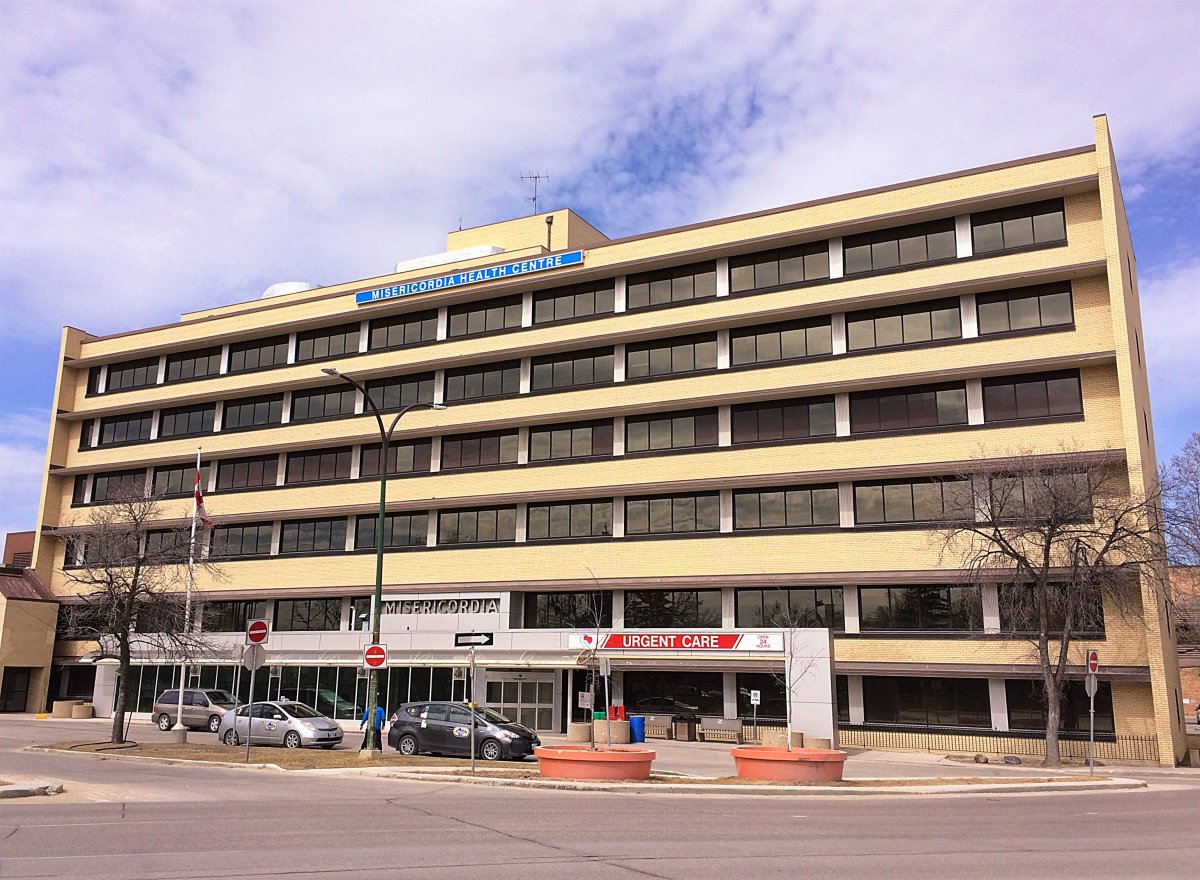More than 20 doctors working at Winnipeg’s Misericordia Health Centre are pleading with the provincial government to rethink the closure of its urgent care centre.

In April, the province announced it was shutting down Misericordia Health Centre’s 24/7 urgent-care department and turning it into a community intravenous therapy clinic.
Three of Winnipeg’s six emergency rooms are also closing, which the government says will help improve patient care and reduce hospital wait times. Concordia Hospital, Victoria General Hospital and Seven Oaks General Hospital will no longer have emergency departments.
READ MORE: 3 Winnipeg emergency rooms closing down
However, doctors working at Misericordia urgent care centre said closing it will have “huge impacts” on the community.
“When the announcement came out, it was a shock to everyone,” Dr. Cal Bergen, who works at Misericordia urgent care, said. “We had no idea we would be closed.”
WATCH: Breakdown of emergency room changes in Winnipeg

In an open letter to the government, the doctors, along with Bergen, said the urgent care centre serves 39,000 patients annually; 11,000 of those patients come from downtown and Point Douglas neighbourhoods.

Get weekly health news
“These communities are comprised of many of our city’s impoverished, marginalized, and disenfranchised; people who have little voice in the political decision making process and, therefore, whose needs can be and frequently are overlooked.,” the letter states.
“With the closure of our Urgent Care Centre, the alternative will be that many will need to walk to Health Sciences Centre or St. Boniface, call for an ambulance or not seek care at all,” the letter stated.
Many of the people in the community do not own personal transportation and cannot afford to hire a taxi for to seek medical treatment, Bergen said.
“I work exclusively events and overnights, and I can tell you a number of people arrive on foot,” he said.
RELATED: Nurses rally against against health-care cuts, hundreds gather at Manitoba legislature
In the letter, the doctors said closing down the urgent care centre and taking away access to non-emergent 24-hour care in the core of the city, will only serve to cost the system more and increase the wait times.
Because many people cannot afford transportation to other hospitals, this will lead to a rise in ambulance calls, Bergen said.
“If there is no other option to get to health care, they have to call an ambulance,” he said. “Health care is both a right, and a huge need. If someone has a medical condition, it’s unrealistic for so many of our population to find access to a car, or other, to get to Victoria or Seven Oaks.”
In the letter, the doctors conclude by saying the “closure of Misericordia will be a huge loss for some of the most needy of Winnipeg’s population and as a physician team we are concerned about the equitable access to health care for our vulnerable patients.”
- Canada approves Moderna’s RSV vaccine, first of its kind for older adults
- ‘More than just a fad’: Federal petition seeks tax relief for those with celiac disease
- ‘Huge surge’ in U.S. abortion pill demand after Trump’s election win
- New Brunswick to allow medicare to pay for surgical abortions outside hospitals








Comments